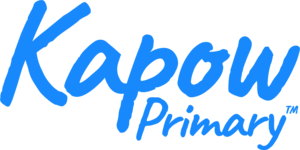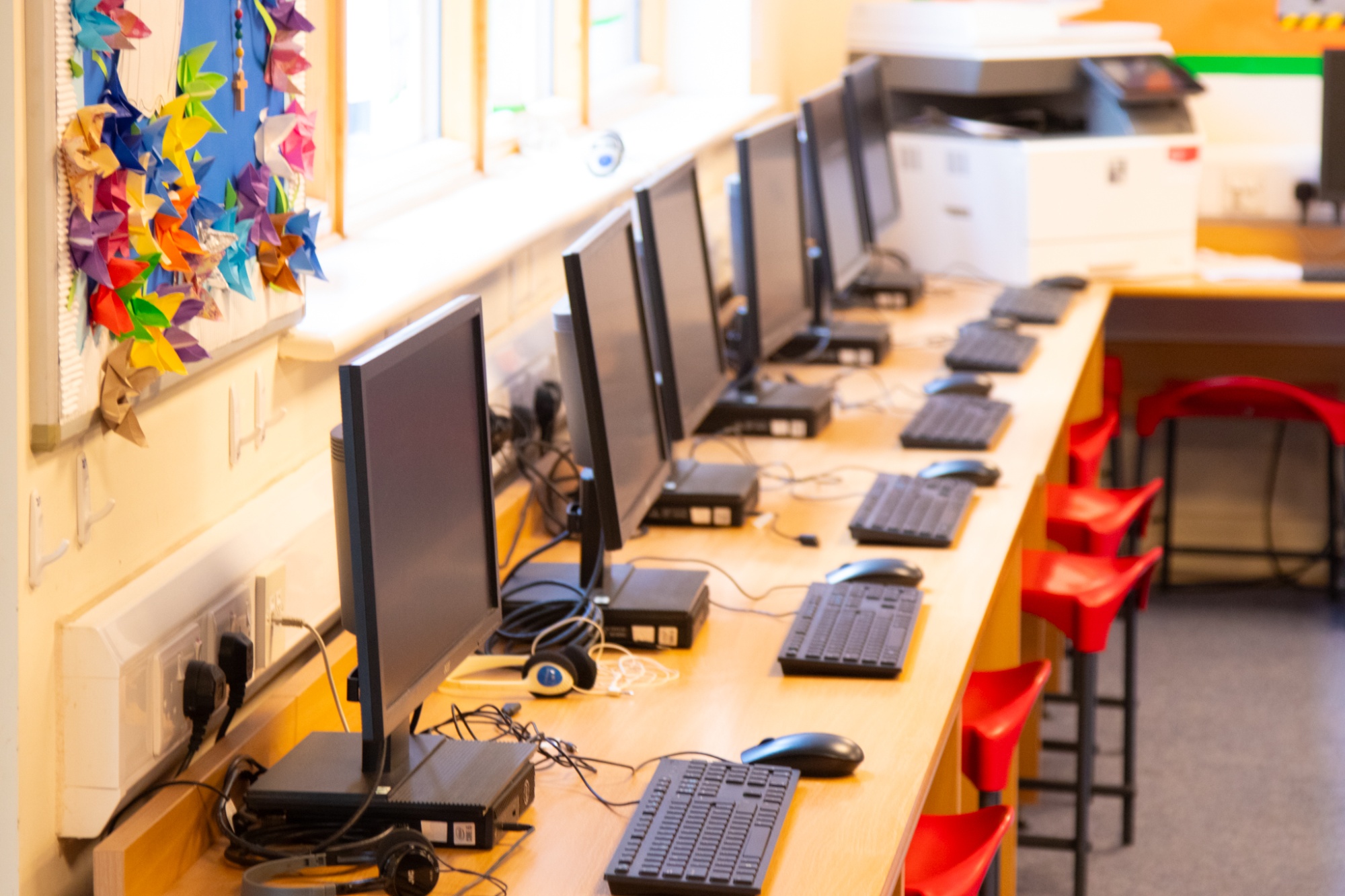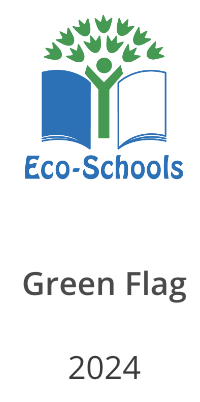Computing
Intent
|
Our high-quality computing education will equip pupils to use computational thinking and creativity to understand and appreciate their place in the modern world. They will be digitally literate, understand how to manipulate and interpret information technology and be confident programmers with a broad knowledge of computer science. Our children will have an exceptional understanding of how to stay safe online, enabling them to interact within the digital world in a safe and responsible way. |
|
Implementation

We use Kapow as our main resource for the teaching of computing lessons. Kapow is a comprehensive and progressive scheme of work. It provides full National Curriculum coverage for computing, with detailed lesson plans that develop skills and knowledge encompassing a wide range of topics for KS1 and KS2. Kapow provides in-depth lesson plans, teaching resources, clear and concise success criteria, informative links, descriptive videos and engaging independent tasks in relation to lesson objectives. They provide continuous professional development through confidence-inspiring videos for teachers that provide rich, visual demonstrations to develop subject knowledge.
In order to do this effectively, we have chosen to use the Kapow Computing scheme. Kapow Primary’s Computing scheme aims to instil a sense of enjoyment around using technology and to develop pupils’ appreciation of its capabilities and the opportunities technology offers to create, manage, organise and collaborate. Tinkering with software and programs forms a part of the ethos of the scheme as we want to develop pupils’ confidence when encountering new technology, which is a vital skill in the ever evolving and changing landscape of technology. Through the Kapow curriculum, we intend for pupils to not only be digitally competent but also to be responsible online citizens. The scheme enables pupils to meet the end of Key Stage Attainment targets outlined in the National Curriculum.
Used alongside Kapow’s Personal Social Health Education (PSHE) scheme, our Computing scheme of work also satisfies all the objectives of the DfE’s Education for a 'Connected World' framework to help equip children for life in the digital world, including developing their understanding of appropriate online behaviour, copyright issues, being discerning consumers of online information and healthy use of technology.
Digital literacy
Digital literacy forms the backbone of the computing curriculum at St Clement’s. As they progress through KS1 and KS2, children will become increasingly confident in the application of their digital skills, becoming progressively efficient and effective communicators, collaborators and analysts, showing imagination and creativity in their use of ICT in different aspects of their learning and life beyond school.
Technology in the world
Children should develop an understanding of how technology makes a difference in all aspects of life at home, at school and in the workplace, as well as considering the impact technology has had on society over the years and the changes it has brought.
Children will, for example, develop an awareness of how different technology is used in the world around us (KS1) and begin to evaluate web pages, software and applications and use this evaluation in the planning of their own digital resources.
Technical understanding
Children develop knowledge and understanding of how technology works.
This extends from an awareness that there is ‘something inside’ a piece of technology to make it work. Progressing through KS1 and KS2 to children creating their own simple programs, including games and applications with exposure to computer code and scripts. In upper KS2, children will program computer hardware, using BBC : Micro bits; use Computer Aided Design (CAD) to create real world objects and even start programming in Python.
Online Safety
Online safety is a fundamental element of computing teaching and technology. Online Safety sessions take place throughout the computing curriculum as well as in PSHE lessons. We also take part in yearly events such as Internet Safety week.
At St Clement’s Catholic Primary School, children take part in a computing lesson once a week, whilst also using their computing skills to support other subjects such as English and Topic. We use the published scheme ‘Kapow Primary’. In this scheme, children will learn how computers and computer systems work; they will design and build programs, develop their ideas using technology and create a range of content.
Through the implementation of the high quality computing curriculum offered at St Clement’s, children will be digitally literate. They will be equipped, not only with the skills and knowledge to use technology effectively and safely.







